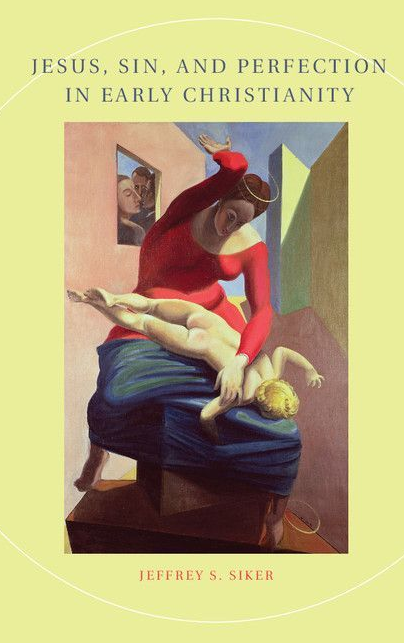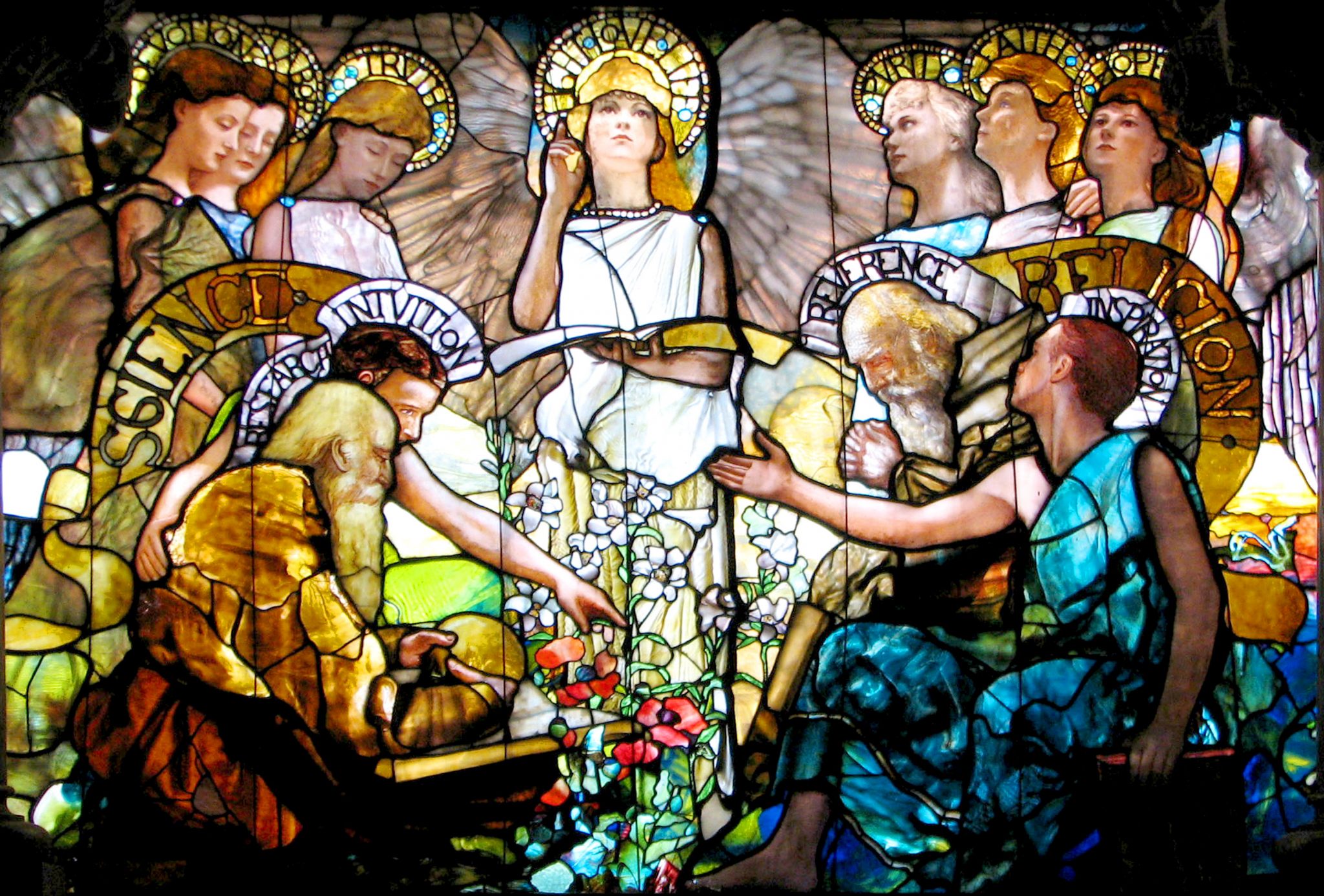Jesus in Retrospect: From Sin to Perfection
How is it that Jesus came to be viewed by the earliest Christians as "sinless," and what did this mean for them? In this presentation I will explore the process by which early Christianity claimed that Jesus was a perfectly sinless human being, setting the stage for his apotheosis as God. As we will see,...
The Public’s Views of the Relationship Between Religion and Science – and the Resulting Disconnect With Social Sciences and the Humanities
In this talk I examine recent sociological research on the relationship between religion and science for the public. This research suggests that while religion may have at one time been concerned with fact claims in the natural world that could be contradicted by science, it largely is no longer. This post-1960s development has coincided with...
Korea Before Nationalism: Judging and Misjudging, the 1801 Silk Letter of Hwang Sayŏng
Royce 243Sponsored by: Center for Korean Studies Co-Sponsored by: Center for Study of Religion, Center for Buddhist Studies In 1801, in the midst of a bloody anti-Catholic persecution, one of the persecuted Catholics, Hwang Sayŏng, tried to send a letter to the bishop in Beijing requesting European military intervention to force Chosŏn to stop killing...
Johannes Vermeer and the Doctrine of the Logos
Humanities Bldg, Rm 365During the previous half-century, Johannes Vermeer has emerged as one of the greatest painters of the Baroque era. Nevertheless, the uncommon depth and subtlety of his religious allegories have not been adequately noted in scholarship. In this lecture, we will look at a pair of paintings that figures forth the doctrine of Jesus Christ as...
Finding Faithfulness in all the Wrong Places
Royce Hall, Rm 314Finding Faithfulness in all the Wrong Places: Making Sacred Sense of Drunkenness, Deceit, and Debauchery in the Hebrew Bible This talk will be “birthed” out of Dr. Peter Lanfer's current book project (Reading Sacredness in the Badly Behaving Bible) exploring the morally questionable stories of the Hebrew Bible that early Jewish and Christian interpreters had...
DWELLING ON THE PAST AND LONGING FOR HOME: ISRAEL IN EXILE
Royce Hall, Rm 314This talk examines the effect of the sixth century BCE deportations to Babylonia on Israelite identity. Paying close attention to the prophetic book of Ezekiel, whose community was deported from Jerusalem to Babylonia by Nebuchadnezzar, it explores how the experience of forced migration changed the way the people talked about themselves, their past, and their...
Bible Women: The Concert
Schoenberg HallIn this inaugural musical collaboration with the Academy for Jewish Religion, CA, esteemed alumni of both UCLA and AJRCA will share songs which give voice to the women of the Bible, telling classic stories through new lenses. Perspective is everything. While Bible stories have offered valuable life lessons through the millennia, the viewpoint is singularly...
Letters from Corinth: The Correspondence of Dionysios of Corinth and the Shape of Early Christianity
Royce Hall, Rm 314In this lecture, Prof. Concannon tells the story of Dionysios of Corinth, a largely forgotten Christian bishop from the late second century CE. While Dionysios was forgotten by ancient Christians and modern scholars, the traces that remain of his writings suggest that he was connected to a series of early Christian networks bigger than the...
Strangers, Neighbors, Friends
Royce 306Muslim-Christian-Jewish Reflections on Compassion and Peace Kelly James Clark, Aziz Abu Sarah, Nancy Kreimer Strangers, Neighbors, Friends is an informed and robust Abrahamic defense of compassion toward neighbors, strangers and even enemies. It aims to show that Judaism, Christianity, and Islam have the resources to motivate respect and love for those of very different faith...
Atheism in Buddhism and Nietzsche as Challenges to the Philosophy of Religion
Royce 243This lecture seeks to clarify the status of Buddhism as a non-atheistic religion, that is, a set of religious concerns that aren’t supported by the various structures of theism: the creator God, divine beings, and corresponding practices such as worship, obedience, and supplication. Comparing Buddhist non-theism to atheism in the West we summarize Friedrich Nietzsche’s...










